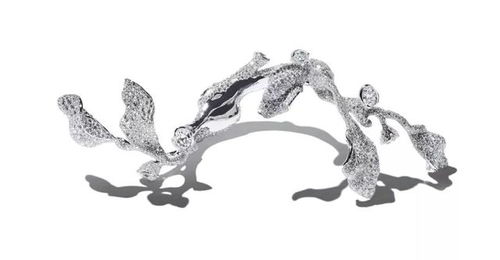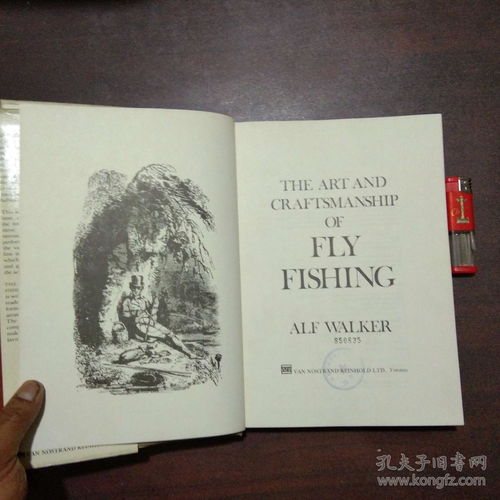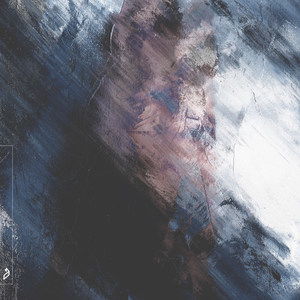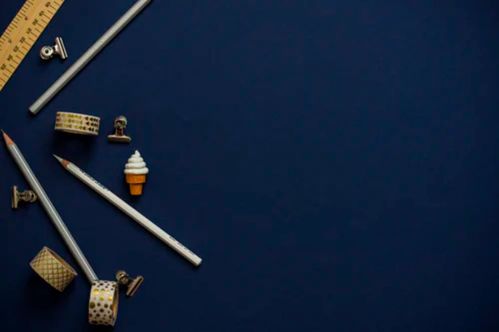Introduction:
Boat fishing offers a unique and exhilarating way to enjoy the beauty of the water and the thrill of catching fish. Whether you're a seasoned angler or a beginner looking to explore the waters, knowing how to navigate a boat and employ effective fishing techniques is crucial for a successful outing. In this article, we'll delve into the essential tips and methods to help you make the most of your boat fishing adventures.

Choosing the Right Boat:
The first step to successful boat fishing is selecting the right vessel. Here are some factors to consider:
- Size: Choose a boat that comfortably fits your needs, considering the number of anglers and the type of fishing you plan to do.
- Type: For general fishing, a bass boat or a pontoon boat is a versatile choice. For more specialized activities like fly fishing or deep-sea fishing, a specific type of boat may be more suitable.
- Comfort: Ensure the boat has enough space for equipment, a comfortable seating arrangement, and a stable deck for casting.
Preparing Your Boat:
Once you have your boat, it's time to prepare it for fishing:
- Safety Equipment: Always have life jackets, a first aid kit, a fire extinguisher, and a throwable floatation device on board.
- Navigation Tools: Ensure you have a GPS, a chartplotter, and a compass for navigation.
- Fishing Gear: Stock up on rods, reels, hooks, lures, bait, and any other fishing accessories you may need.
Navigating the Waters:
Proper navigation is key to finding fish and staying safe:
- Study the Area: Before setting out, research the area you plan to fish. Look for maps and guides that highlight popular fishing spots and underwater structures.
- Weather Awareness: Check the weather forecast and be prepared for changes. Always have a weather radio on board.
- Navigation Skills: Familiarize yourself with the basics of navigation, including how to use your GPS and chartplotter.
Choosing the Right Equipment:
The right equipment can make a significant difference in your fishing success:
- Rod and Reel: Select a rod and reel that match the type of fishing you're doing. For example, a spinning rod and reel are great for casting lures, while a baitcasting rod and reel are better for heavier lures and live bait.
- Hooks and Lures: Use the appropriate hooks and lures for the fish you're targeting. Research the habits and preferences of the species in your area.
- Bait: Depending on the fish you're after, you may need live bait, artificial lures, or a combination of both.
Techniques for Success:
Once you're on the water, here are some fishing techniques to try:
- Bottom Bouncing: For species like walleye and bass, bottom bouncing is an effective technique. Attach a lure to a sinker and allow it to drag along the bottom.
- Jigging: This method involves moving a lure up and down in the water column. It's great for targeting walleye, trout, and other species that feed near the bottom.
- Surface Fishing: For species like bass and panfish, casting lures or bait to the surface can be highly effective. Pay attention to the water's surface for signs of fish activity.
- Drifting: If you're fishing in a river or a moving body of water, drifting can be a great way to cover more ground and find fish. Attach your lure or bait to a drift sock or a simple float.
Safety First:
Always prioritize safety, especially when fishing from a boat:
- Boating Regulations: Adhere to local boating regulations, including speed limits, no-wake zones, and safety equipment requirements.
- Weather Conditions: If conditions become unsafe, don't hesitate to head back to shore. It's better to be safe than sorry.
- Fish Handling: Handle fish with care to ensure their survival. Use proper techniques for unhooking and releasing fish.
Conclusion:
Boat fishing can be a rewarding and enjoyable activity for anglers of all levels. By choosing the right boat, preparing adequately, navigating safely, selecting the proper equipment, and employing effective fishing techniques, you'll be well on your way to a successful angling adventure. Remember to always prioritize safety and respect the environment. Happy fishing!












